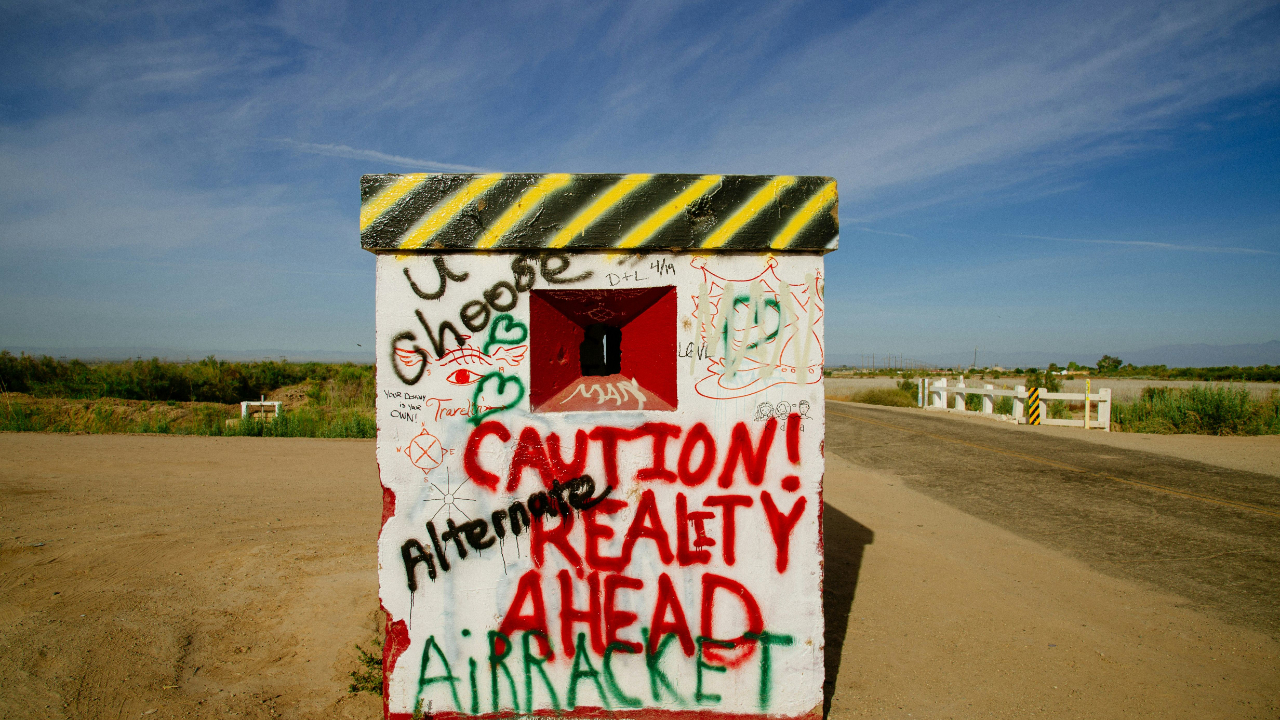Why do we find it so hard to face reality?
Oct 02, 2025
If you’ve ever ignored the bank balance, postponed the awkward conversation or convinced yourself that your team is “fine really”, then you are in good company. We humans are champions at avoiding reality. Even at the most senior levels of leadership, where clear-headed decision-making is supposedly prized, we often see a quiet resistance to facing what is plainly in front of us.
The protection reflex
Part of the answer lies in our biology. Our brains are designed to protect us. When faced with difficult information, be it a drop in revenue, poor engagement results, or the departure of a high-performing team member, our instinct is to rationalise, deflect or delay. This isn’t weakness, it’s wiring. But in leadership, this reflex can be dangerous.
Take the example of a technology company I worked with recently. Their customer satisfaction scores had been in steady decline for two years. The executive team explained it away — market volatility, an overly demanding client base, even a blip in survey methodology. What they found harder to admit was that their product no longer met modern expectations. Reality was knocking, but no one wanted to open the door.
The cost of avoidance
Avoiding reality doesn’t make it go away. It just builds up the cost, financially, culturally and emotionally. I have seen businesses delay obvious restructuring because the CEO “wanted to give it another quarter”. They didn’t want to be seen as harsh. The result? Deeper losses, and a team even more unsettled when the inevitable cuts finally came.
Leaders often talk about courage as if it is only needed in moments of high drama, crisis response, public failure, ethical dilemmas. But perhaps the most courageous act of leadership is to look clearly and honestly at what is, without flinching.
Creating cultures of clarity
The best leadership teams I’ve worked with develop a discipline of reality-checking. They don’t wait for disaster. They invite feedback, seek external perspectives and regularly ask themselves, “What might we not be seeing?”
At Defy Expectations, we build these habits into our Leadership Academy. One of the foundational behaviours we coach is “leading with truth” the ability to surface what’s really going on, however uncomfortable, and to act on it. This is not about being brutal. It’s about creating an environment where honesty is normal, not heroic.
Reality is a gift
Here’s the twist. Facing reality, however hard, is liberating. Once you stop wasting energy on denial or spin, you can focus on solutions. You can adjust, adapt and recover faster. You can lead better.
So why do we find it so hard? Because it is hard. But it’s also worth it. The most successful leaders are not the ones who always get it right. They are the ones who see things clearly, own what is theirs to own, and move forward with honesty.
If your team is dancing around a difficult truth, maybe it’s time to stop. Name it. Face it. That is where real leadership begins.
